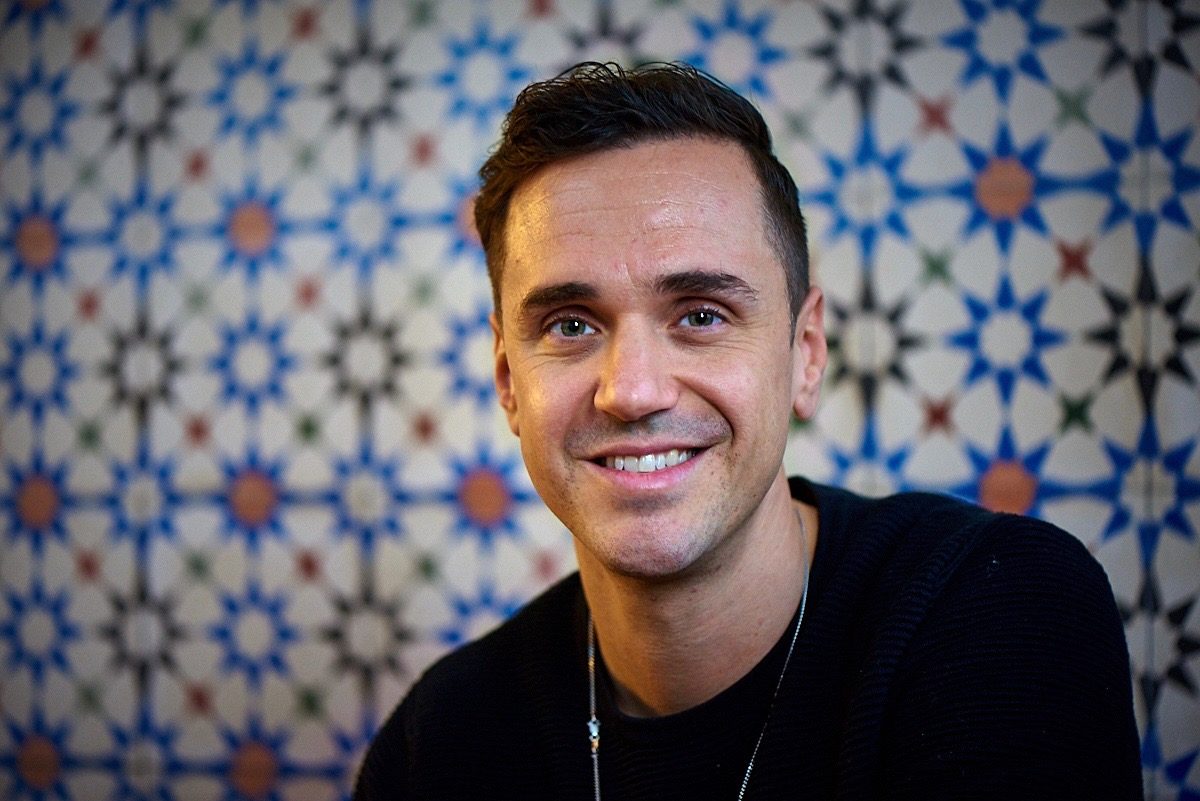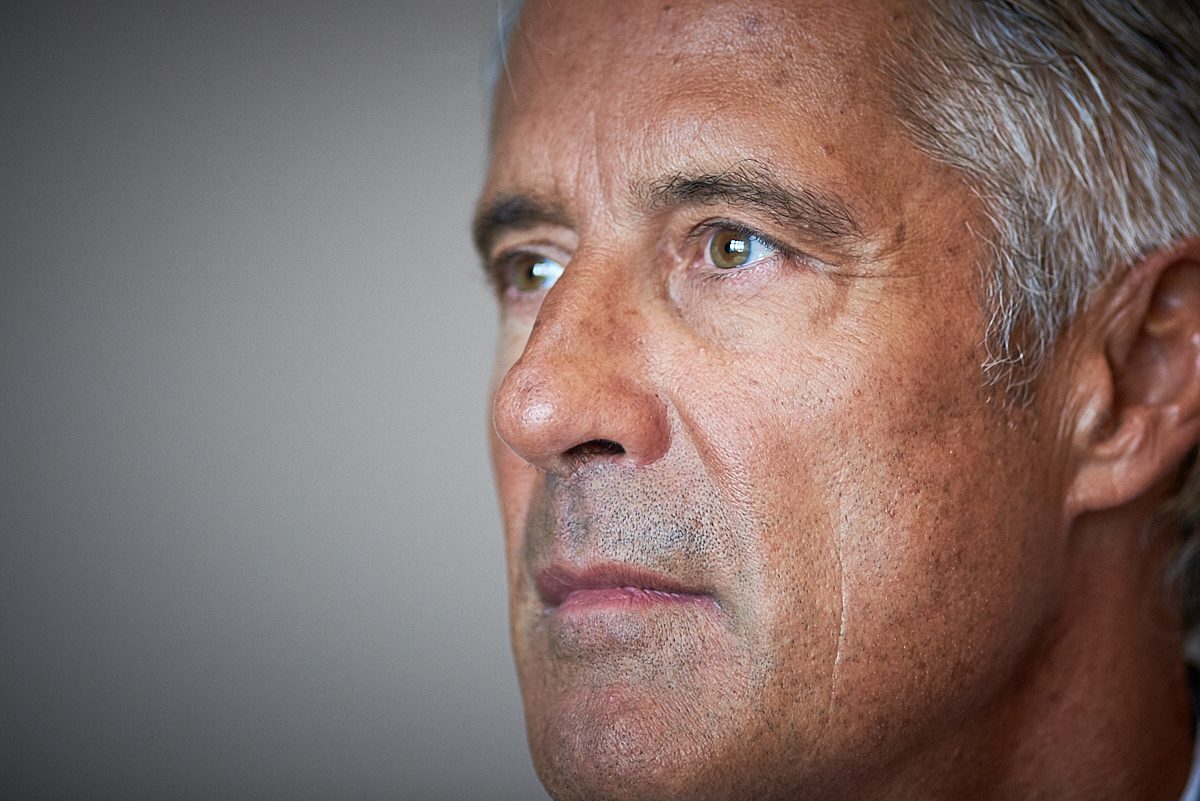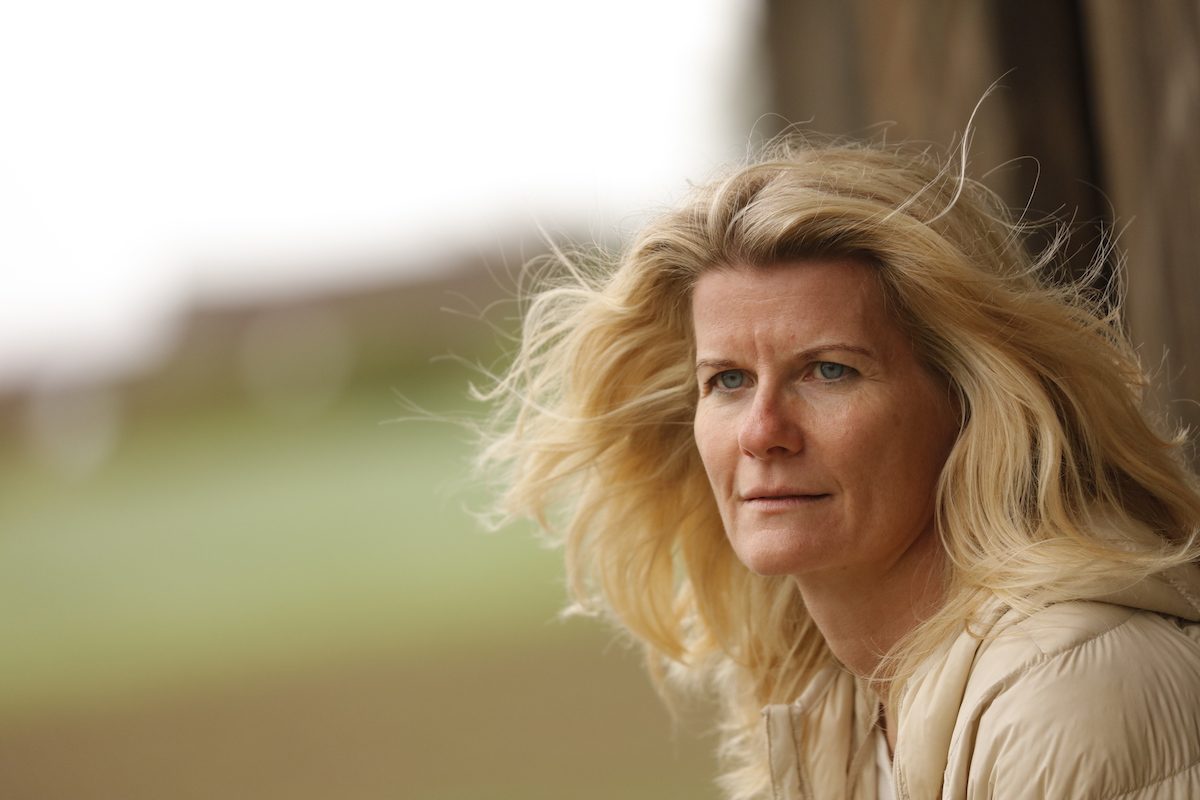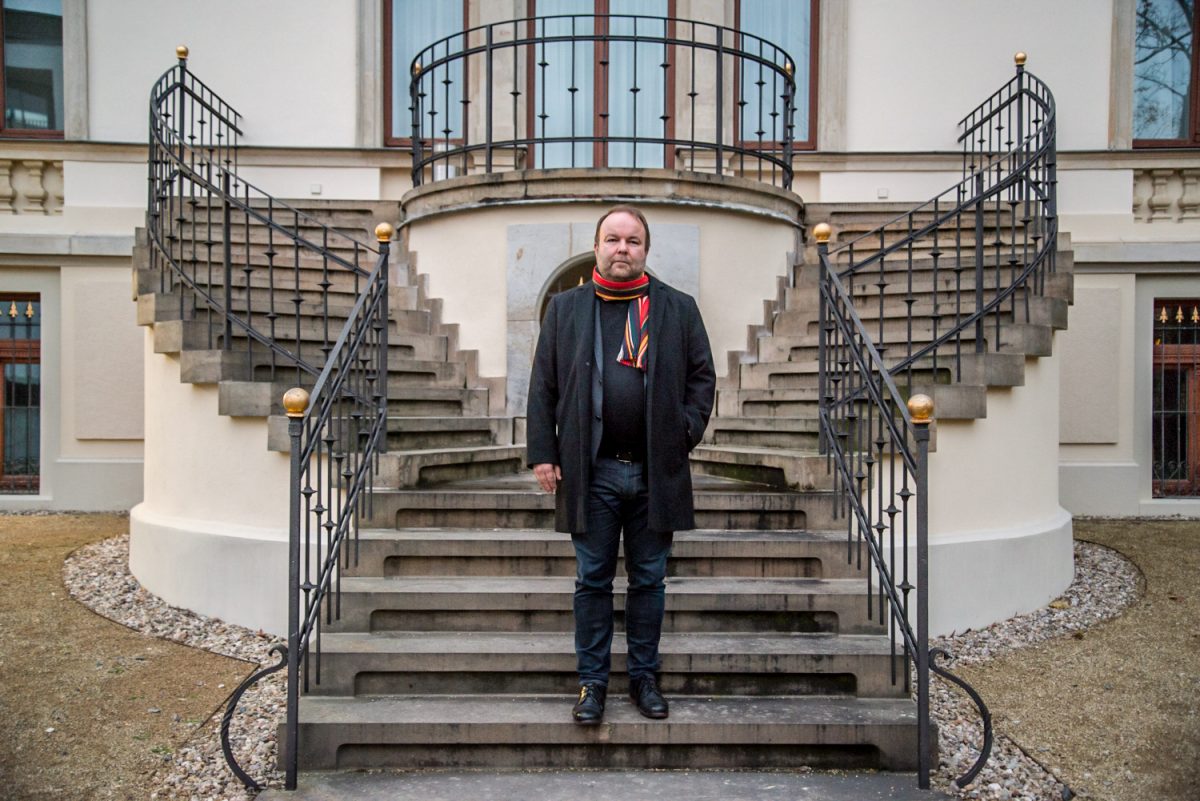
“Being fearless is a dangerous thing.” Lutz Kinkel, journalist
As the director of the European Centre for Press and Media Freedom, the 51-year-old German takes action to help journalists who are under threat. Like Deniz Yücel. Or murder victim Ján Kuciak.
Journalists under attack
Violent attacks on journalists are on the rise. At their worst, these attacks end in death, as was the case for investigative journalists Daphne Caruana Galizia, murdered in Malta last October, and Ján Kuciak, who lost his life in Slovakia just recently. What concrete steps are you taking to protect colleagues like these?
I’m shocked and angered by these murders. Both Galizia and Kuciak had informed the police that they were under threat. Did they receive enough protection? No. Can an NGO be a substitute for a state’s security apparatus? No. We can’t, either. Our job is to remind European governments every day: keeping journalists in your country safe is a top priority. We also offer direct support to reporters in immediate danger. That can be through contact with regional aid organizations, assistance with legal proceedings or the opportunity to take some time out in Germany, as part of the “Journalist in Residence” program. We also fight to ensure that those who are lost are not forgotten. Our legal advisor is currently on the ground in Bratislava investigating on behalf of the ECPMF.
In mid-February, the imprisoned correspondent for Die Welt, Deniz Yücel, was released from a Turkish high-security prison. What was your reaction when you first heard the news?
Huge relief and joy. We’re in contact with his family, and just a few days beforehand they didn’t know if he really would be released. After a year in prison without charge! It’s madness. On the other hand, that same day, the Turkish president Erdogan made it clear he won’t budge an inch in terms of his media policy. Six journalists were sentenced to life imprisonment, including the prominent Altan brothers. What that means is that Yücel was probably only released because Erdogan expected it to ease some of the strain in German-Turkish relations.
How has the European Centre for Press and Media Freedom (ECPMF) contributed to his release?
Together with our partners, we’ve kept him in the public eye, on social media, on our website and at events. Deniz Yücel is lucky in that a lot of people have advocated for him very strongly – everyone from his own network of friends to the newspaper “taz,” from the publisher Axel Springer Verlag to the German government. He was never forgotten, there has always been widespread solidarity. That’s something you’d want for all the other political prisoners in Turkish prisons as well.
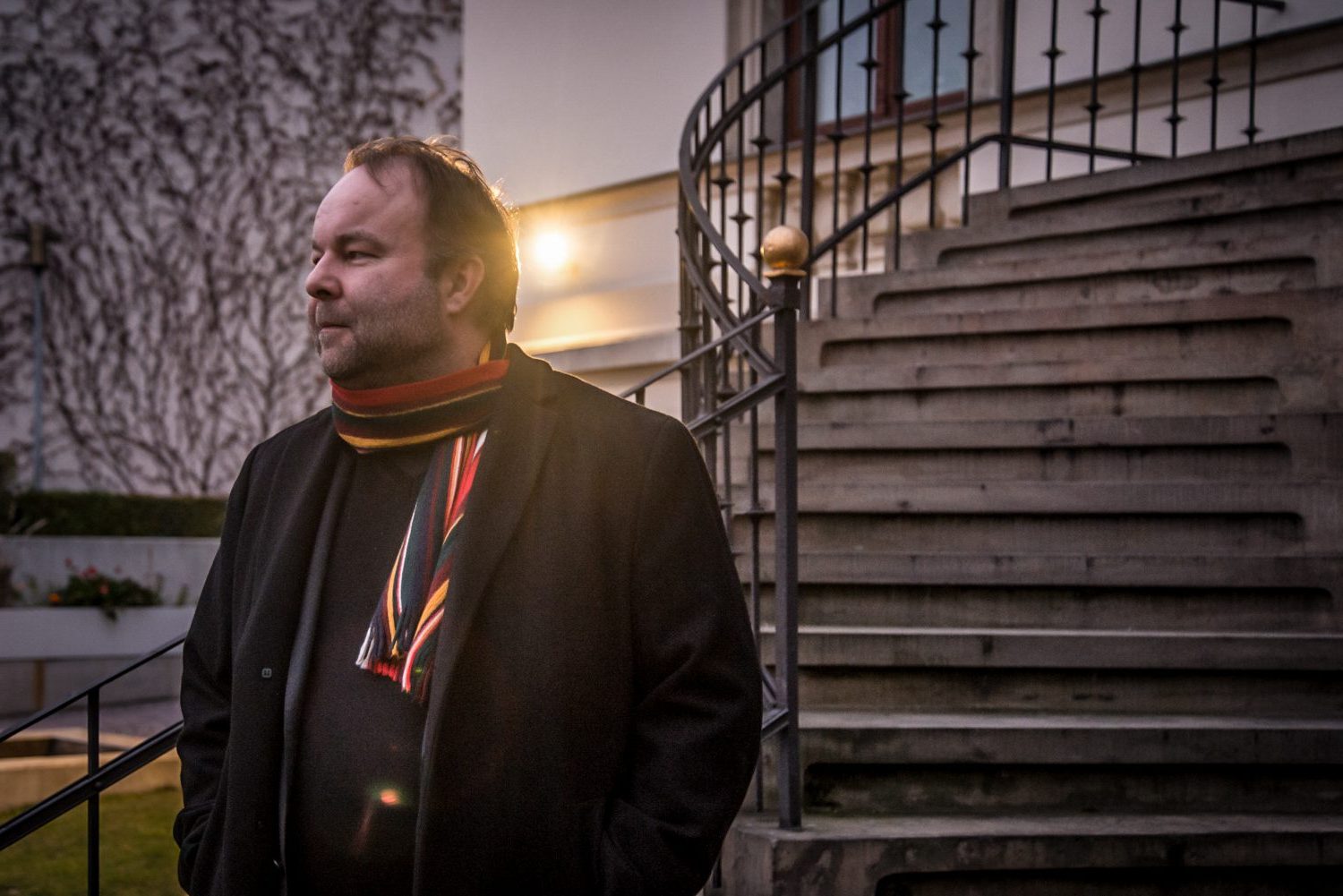
The ECPMF on the front line
You are there at critical moments. The ECPMF sends people to be a presence at court cases against journalists, for example. Have there been any precarious situations?
Yes, horrendous situations! I’ll give you an example: there’s a young journalist working for us, she’s nearly 30 and her specialist area is Turkey. There was this trial against the newspaper “Cumhuriyet,” which is critical of the government. My colleague was invited and wanted to go. Shortly before that, Deniz Yücel was detained. As well as those two, over a dozen more Germans were in prison in Turkey. Their arrests were completely arbitrary. So this trial began and you know, a group of activists turn up from a wide range of organizations. But not one comes from Germany. And obviously Erdogan has his sights set on Germans. What do you do then? You attempt to assess the risk, you call ambassadors and the foreign office. They all give you a broadly positive assessment, but you’re still left with a risk of around 10-15%. You can imagine what it feels like, being responsible for a colleague in this situation. So together, we decided that up until 20 minutes before the flight was due to take off, we both had the right to say no. And we agonized right up to the last minute. In the end she did go, but this situation cost me a lot of sleepless nights.
Do you have to be fearless in this job?
I think being fearless is a bad thing. But you have to be able to deal with risk sensibly and to know what you are capable of. And you have to take warning signs seriously and understand what they mean.
Would you have gone yourself?
If she hadn’t gone, yes, I would have gone. I also think that international solidarity acted as a protection for journalists on the ground. No one can prove it, but I’m certain that public awareness helped make sure that no one was arrested.
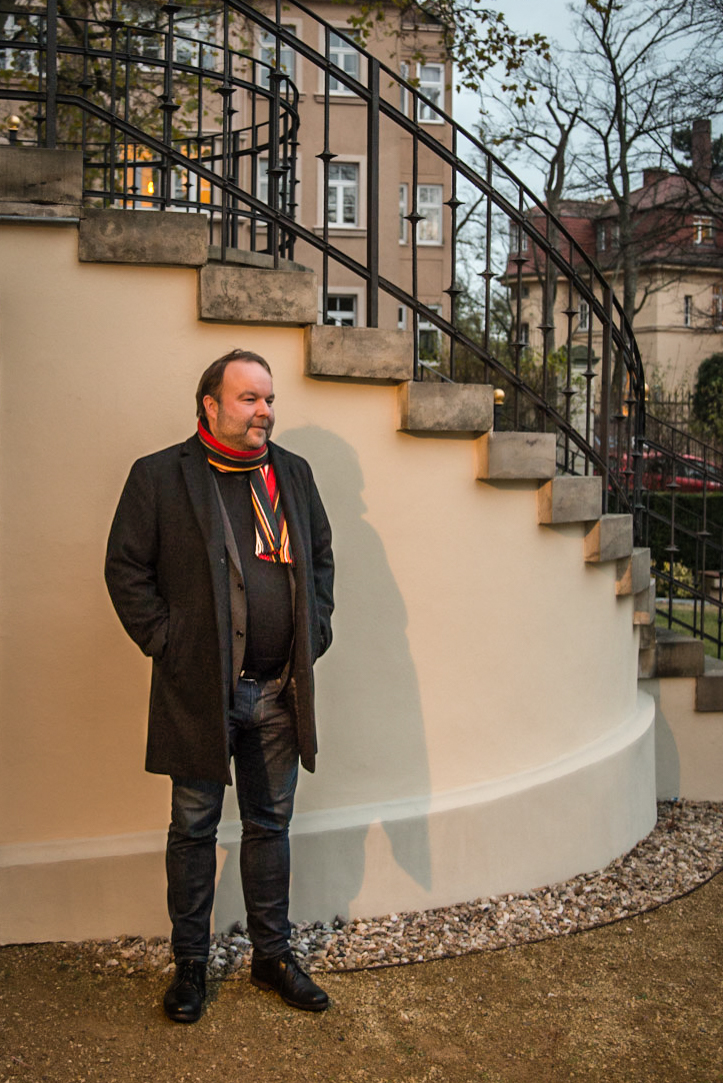
“You just have to do it” is a phrase people often hear from you. Where does this attitude come from? Well, the very worst thing is for people to feel they’ve been forgotten. They’re stuck somewhere in a cellar, at the mercy of arbitrary actions by the state and no one takes an interest in them. I see it as a duty for us as journalists to make sure that our friends and colleagues are aware of our solidarity.
Journalist in Residence
What have you been able to achieve with the ECPMF since it was founded in 2015?
We provide a lot of practical help. For example, with the “Journalist in Residence” program. We now have four apartments in which we can provide accommodation for persecuted journalists anonymously. When you know the people and talk to them, you notice how important this opportunity is, sometimes even life-saving, for every single one of them. Just to be able to get out of their country, have some peace, not be under pressure, not pursued, or insulted, just to be able to live normally and go about their work. We give support to these journalists, ensure they receive grants and have health insurance. In addition to that, there are now 17 cases where we have supported journalists who’ve been taken to court by their government or by companies. Most of them have been doing investigative research and have then been prosecuted. They end up in a difficult position, because they don’t have the money to be able to afford a good lawyer. So we can help with funds or legal assistance. It’s an active form of solidarity in practice.
Don’t you also find this job frustrating? You’re never taking the initiative, only ever reacting?
Yes, of course, primarily you are reacting and that does restrict what we do. In reality, media policy is a national matter, which means even the EU has no right to intervene – it is really left to nations themselves. Take a look at the way things are developing in Europe: in certain countries journalists can no longer work freely. We are constantly struggling against this. That makes for a huge potential for frustration. At the same time, though, there are successes: this year, for example, we are investing EUR 450,000 in investigative journalism. That means we’ll be able to give out quite a number of grants to research teams to work collaboratively across different countries and who can then really delve deeply into important issues. We’ll be allowing them the luxury of time, which has become a rarity in the everyday business of journalism.
You only offer accommodation to people who will return to their home country after six months at the latest. Is that not a cruel situation if you have to send someone back to a country where they are threatened and persecuted?
It is! Absolutely. Terrible. But on the other hand, it’s better than not being able to do anything at all. The six-month limit exists because otherwise we would come into conflict with regulations on migration and with asylum law. Unfortunately, for legal reasons there’s nothing else we can do. Because of this, everyone has to sign to say they are willing to go back home after six months. Even so, most people are extremely grateful for these six months.
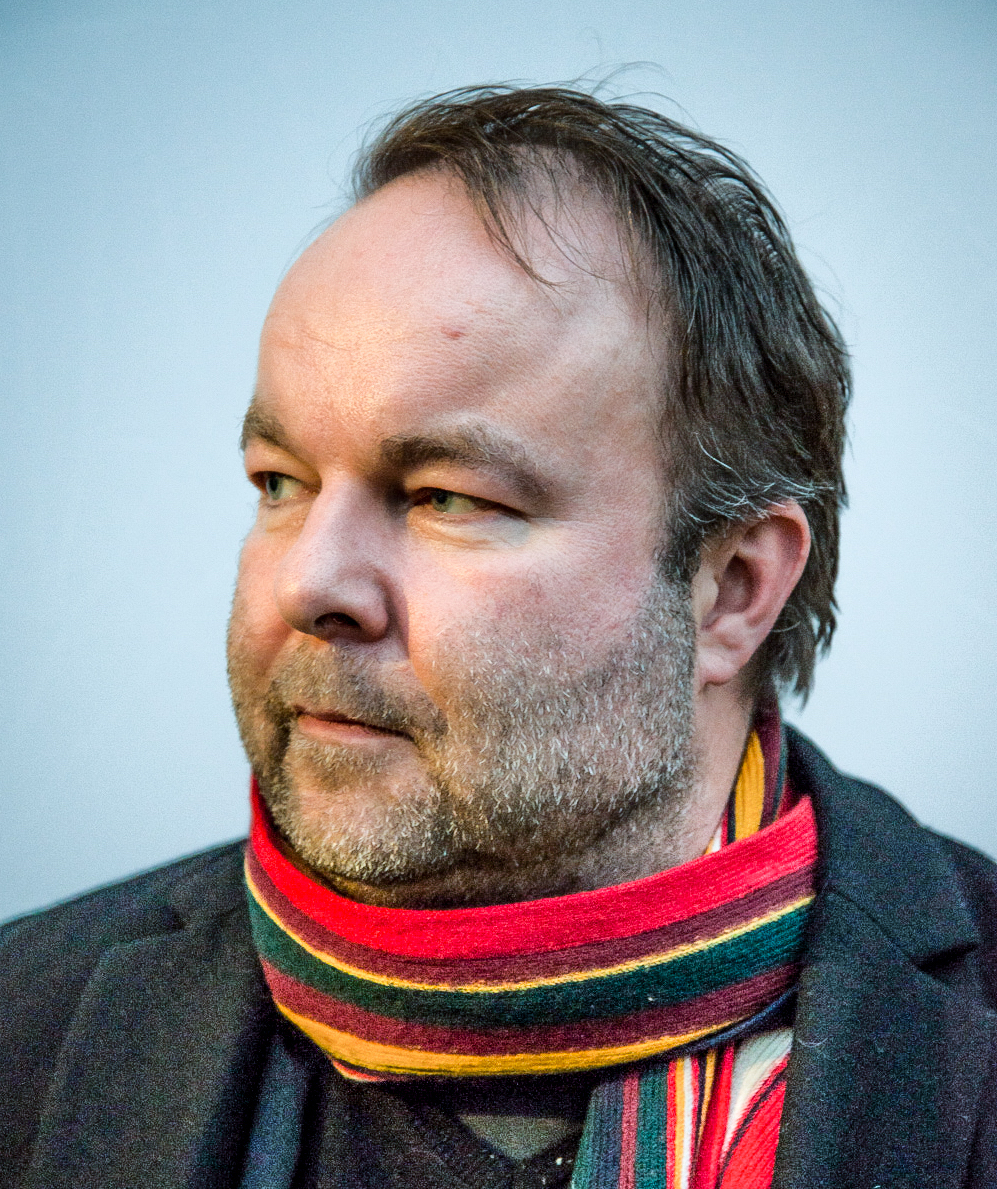
A space for sanctuary
How much danger are the people who seek protection with you in? Can you offer them personal protection here in Leipzig?
Yes, we can. There’s just been someone here who stayed absolutely incognito, and it was arranged like that with the police. So nobody knew the address, the journalist was registered unofficially, there was no way to trace him, and no one here knew him. He remained completely undisturbed. And he felt safe. Feeling safe in everyday situations, like going shopping, for example, for us that’s a feeling we take for granted. But for some journalists who seek refuge with us, this is an incredible experience that is completely unfamiliar.
How far does the support they receive extend?
We do provide fairly intensive support for the “Journalists in Residence” depending on what they need. Some of them also need therapy as they have experienced trauma. I also form an impression for myself and try to give them a sense of having a bit of a “home” with us.
Where does your personal motivation come from?
Very interesting question (considers).Very interesting question (considers). For generations, my family worked for the Christian church. And my father ran a home for people with behavioral problems and learning difficulties. My parents didn’t go to church, but they had a strong sense of Christian morality. When there were children who were having a tough time and didn’t have any family, they would invite them to share Christmas with us. There was always a focus on helping, on taking action on behalf of those who were more vulnerable. This idea, and the concept of social engagement, were very pronounced for me from a young age.
Once a journalist, always a journalist, so they say. For 20 years, you wrote for some of Germany’s biggest in-depth current affairs publications, such as Stern and Spiegel Online. When you hear the life stories of the people under your care, don’t you feel the urge to write them down?
Yes, I do. But I can’t do that in my position. And besides, many of them don’t even want anyone to know they’re here. We abide by their wishes. That is a firm rule.
Are there moments when you long to be back on the front line as a journalist?Are there moments when you long to be back on the front line as a journalist?
Yes, whenever something happens in the world. Then my instinct and my need is to throw myself into it and write something about it. In order for me to get an understanding of it, as well. But I must say, I find what I am doing here 100% meaningful. Feeling like you’re doing the right thing is a gift in life.
Images: Stefan Jermann
Newsletter
Subscribe to our newsletter and you'll get notified every time a new article is online.

